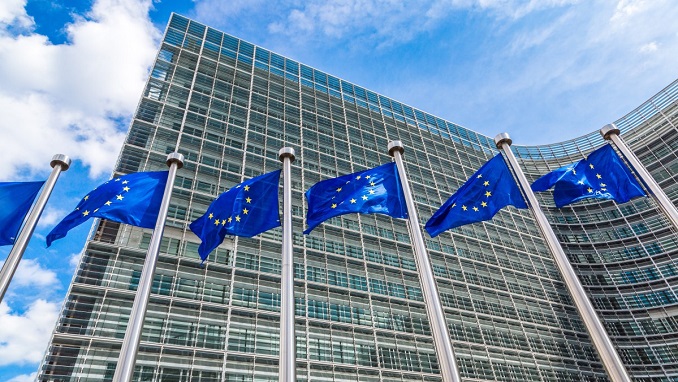Social media giants such as Facebook and Google will have to decisively step up their efforts to tackle the spread of fake news online in six months or potentially face further regulation from the European Union, a new law proposed in Brussels suggests.
According to the document proposed by the European Union on Thursday, app stores, search engines, e-commerce sites and hotel booking websites like Expedia will also be specifically targeted, requiring them to be more transparent about how they rank search results and why they delist some services, NDTV reported.
EU policymakers are particularly worried that the spread of fake news could interfere with European elections next year after Facebook disclosed that Russia tried to influence U.S. voters through the social network in the run-up to the 2016 US election. Moscow denies such claims.
The European Commission will draw up an EU-wide Code of Practice on Disinformation by July with measures to prevent the spread of fake news such as increasing scrutiny of advertisement placements, it said on Thursday.
In the latest Eurobarometer survey, 83% of respondents said that fake news represents a danger to democracy. Respondents were particularly concerned by intentional disinformation aimed at influencing elections and immigration policies.
The survey also emphasized the importance of quality media: respondents perceive traditional media as the most trusted source of news (radio 70%, TV 66%, print 63%). Online sources of news and video hosting websites are the least trusted source of news, with trust rates of 26% and 27% respectively.
Advertisers and online platforms should produce “measurable effects” on the code of practice by October, failing which the Commission could propose further actions, including regulation.
Companies will have to intensify efforts to close fake accounts and put in place measures to reduce revenues for purveyors of disinformation and restrict targeting options for political advertising.












